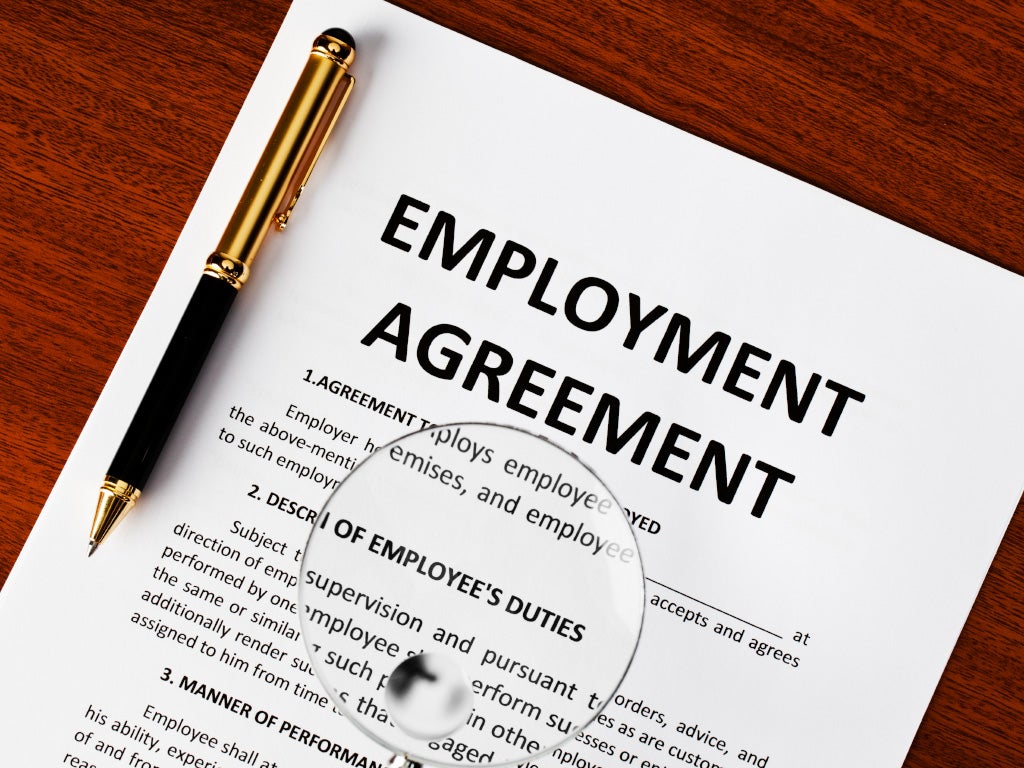
Termination of employment is a sensitive process that must be handled carefully to avoid legal disputes. Whether you’re an employer looking to dismiss an employee, or an employee who has been let go, understanding your rights under the Employment Act, 2007 is crucial.
This guide explains the legally acceptable grounds for termination, required procedures, and what amounts to wrongful dismissal in Kenya.
Valid Grounds for Termination Under Kenyan Law
Termination is only lawful if based on:
-
Misconduct – e.g. theft, dishonesty, gross insubordination
-
Poor Performance – after documented warnings and support
-
Redundancy – when a position is no longer needed
-
Incapacity or Illness – after medical evaluation
-
Mutual Agreement – both parties voluntarily agree to part ways
You cannot terminate an employee on discriminatory grounds such as pregnancy, disability, race, religion, or union membership.
What Procedure Must an Employer Follow?
Kenyan courts focus not only on the reason for termination but also on how it is done. A dismissal may be unlawful even if the reason was valid but due process was not followed.
✅ Mandatory Steps Before Termination:
| Step | Requirement |
|---|---|
| Written Notice or Payment in Lieu | 7 days (casual), 28 days (standard), or as per contract |
| Explanation of Reasons | Employee must be informed of allegations |
| Disciplinary Hearing / Opportunity to Respond | Employee has the right to defend themselves |
| Presence of Witness or Representative | Employee may be accompanied by a colleague or union representative |
Failure to follow this process may be ruled unfair termination, attracting compensation of up to 12 months’ salary.
What Are an Employee’s Rights Upon Termination?
Once employment ends, the employee is entitled to:
✔ Notice pay (if not issued in advance)
✔ Accrued salary and overtime
✔ Leave pay for unused annual leave
✔ Severance pay (only in case of redundancy)
What Is Wrongful or Unfair Termination?
Termination becomes unfair if:
-
No valid reason was given
-
No hearing or disciplinary procedure was conducted
-
The employee was targeted unfairly or discriminated against
In such cases, employees have the right to file a complaint with the Labour Office or the Employment and Labour Relations Court.
Final Advice
For Employers:
➡ Always document the termination process to protect against legal claims.
➡ Avoid emotional or abrupt dismissals — process matters as much as the reason.
For Employees:
➡ If you believe you were dismissed unfairly, seek legal advice before signing any settlement.
➡ Compensation may be due even if you already left the workplace.
Need Help with Employment Termination or Disputes?
At Muriungi, Kajuju & Karoki Advocates LLP, we:
✅ Guide employers through lawful termination procedures
✅ Represent employees in wrongful dismissal claims
✅ Draft and review employment contracts and settlement agreements
Whether you’re ending or defending an employment relationship — we help you do it legally and respectfully.

